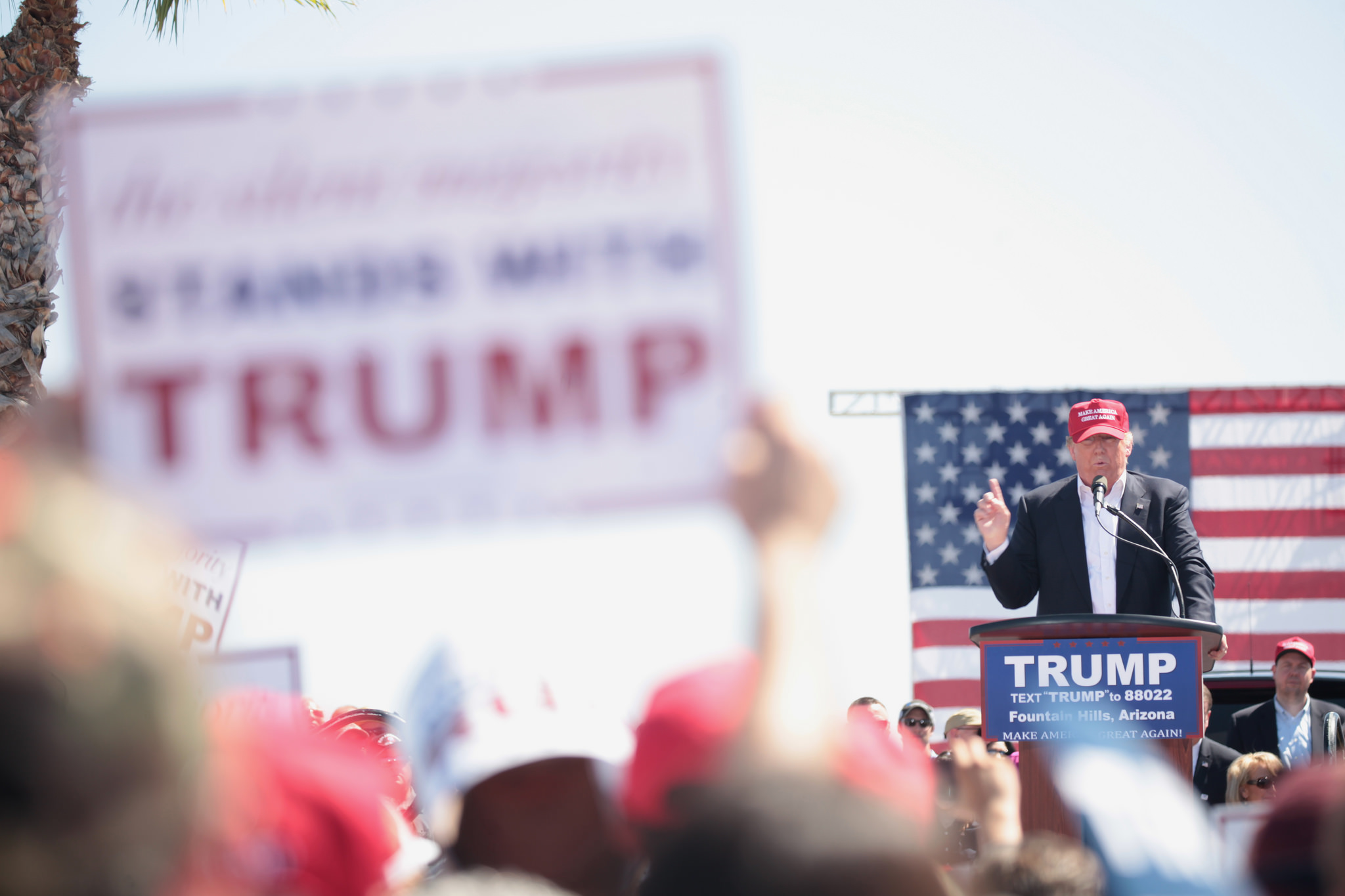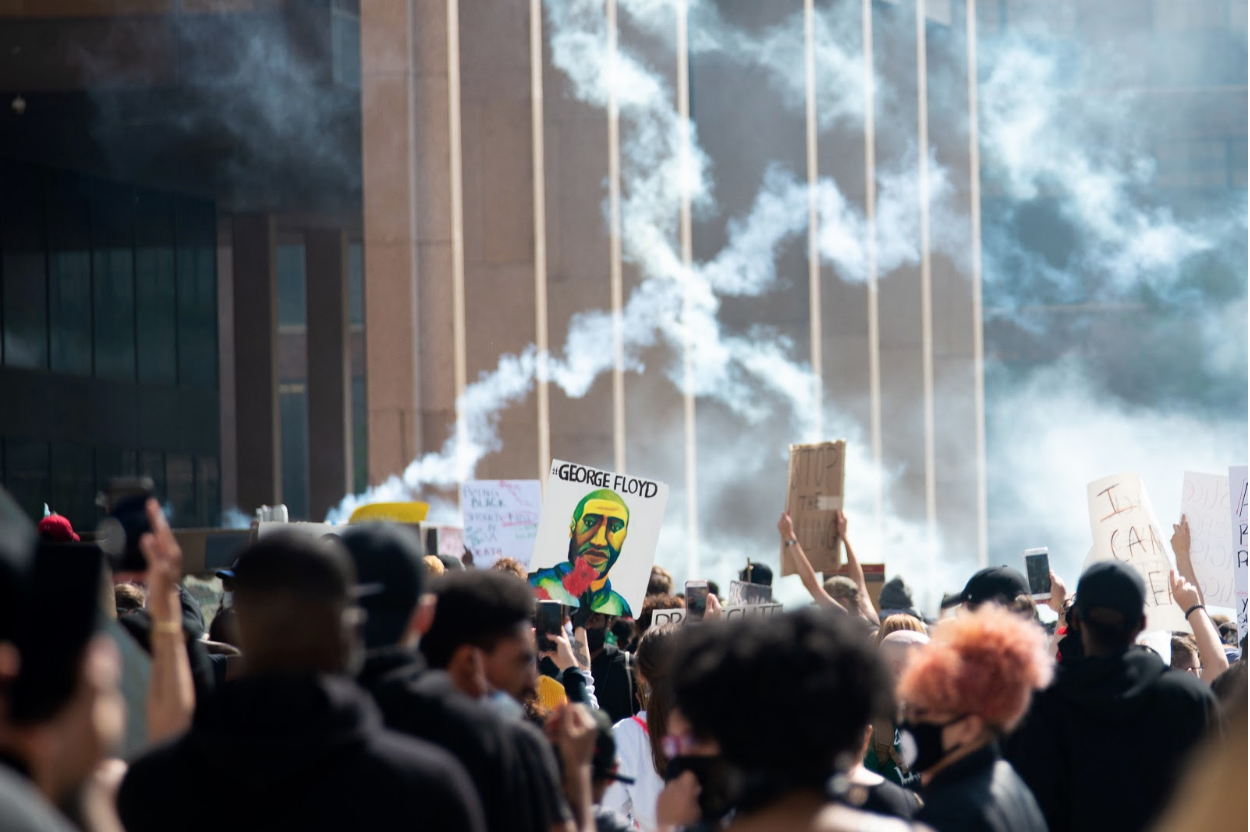“Caring for myself is not self-indulgence, it is self-preservation, and that is an act of political warfare.” – Audre Lorde
What’s a Tuesday night without curling up in a multi-colored quilt with some chardonnay to watch The Office, before being rudely interrupted by a call to discuss reconciling America’s many divisions after the inauguration? I’m constantly torn on whether to pick up the call. As college students, much coveted “me time” is something we budget for early in the week. Scheduling it in requires moving around some homework assignments, meetings, dinner dates, and that networking happy hour your parents will hate you for not attending, and you finally have the control to decide what to do with your time.
Say I take the bait, put down my chardonnay and have that conversation with my friend… But then in the middle of the phone call, I realize I don’t really want to be there, listening to my friend absolve themselves of empathizing with my points. “Oh, well your family did immigrate, so I guess I can’t understand,” is a typical turning point. Some use it as a lazy tool; to make me different is to alleviate themselves of the responsibility to understand my experience and that of others like me. It leaves us as Americans pressured to accept the outcome of this election, regardless of identity.
Welcome to the Trumpian collective. It’s comprised of the people who gather with the hope that these next four years are not damaging to the American public. Many of its members voted for Hillary but decided on November 9th to give Trump the benefit of the doubt and hope for the best. They can’t fully be blamed for this false hope – Democrats themselves paved the way for a Trumpian collective to form, based on normalizing the results of the election, from Hillary’s concession speech to Obama’s post-election address. To quote Clinton, “I still believe in America, and I always will. And if you do, then we must accept this result and then look to the future. Donald Trump is going to be our president. We owe him an open mind and the chance to lead.”
My question here is, why isn’t Donald Trump presenting the same open mind in turn and calling minority groups (he has the time to tweet, so he should make the time to make some calls), the NAACP, and others to mend this divide? Why aren’t his supporters stepping up to discuss the real pain the majority of America feels as each potential cabinet member is selected? And when they do reach across political lines, why do they ask us to stop crying? Of course, this collective will deflect responsibility. In forming this community, a new in-group of original Trump supporters and Trump’s newest sympathizers, the silent majority seeks to silence the experiences of other individuals. Any request on the part of minorities, people of color, women, and all those who have been threatened by Trump’s rise to power not to engage in these conversations leads to criticism that they are not holding to Hill’s campaign statement: Stronger Together.
The expectation for these groups, effectively an out-group of the Trumpian collective, to sacrifice their personal time in order to reconcile differences rooted in oppression with the white, now outspoken majority, leads any and all conversations of reconciliation in 2017. My “me time,” as crucial as it is for me to be me, doesn’t matter because it could be better utilized, according to the collective, to bring people together, not continue to tear us apart. If I pick up the phone, I’m taxed for an entire evening trying to convince someone who won’t be convinced. If I ignore the call, I’m not meeting them halfway.
Minority groups already sacrifice their time, willingly and unwillingly. In a University of California, San Diego sleep study, researchers discovered that black people sleep less on average than white people. A primary argument for why this phenomenon occurs is that racial disparities during the day preoccupy what should be a time for rest at night. In order to minimize the impact of stressors, stressors that existed before the election and will amplify under President Trump, racial minority groups should consider disengagement from the Trumpian collective as a tool to preserve one’s well-being and prioritize it over the pleas of the other side to engage.
Western culture has consistently taught us that self is more important than community – we’ve been socialized to believe this is true in almost all cases. Yet now, we are asked to join a Trumpian collective to which we never subscribed, and we are expected to prioritize it over ourselves. Unsurprisingly, minorities are asked to sacrifice themselves and their needs more so than they are already. Recent movements, including the Women’s March on Washington, have promoted efforts to be intersectional to understand this existing burden on minorities and distribute it amongst all protestors. However, to much of the population, minority groups are American enough to stand behind the election of an American president, and if they don’t, then they must not “believe in” or belong to that same America.
If a community of Americans is to exist after Trump’s election, it must come with genuine understanding, empathy, and collective protection for the pain and struggle that minority groups in this country will continue to face at a higher rate under his presidency. 650,000 young people died under Reagan because he denied the AIDS epidemic. African American soldiers who fought in WWII came home to the land of the free to drink from separate water fountains. Individual voices have historically been lost to the master narrative of the majority who emerged scot-free, because they had the least to lose. It is irrational, frankly unacceptable, that a Trumpian collective will be built upon those who can afford to normalize this election and others who have no choice but to “just get over it.”
Our American culture entitles us to value ourselves from the start. To be asked to devalue our sense of self, our identity, in order to pave the way for a collective, is to ask us to blindly support a civic process that disenfranchises us. A Trumpian collective built on these ideals is no community. It asks its individual members to suppress their own ideals for a falsified greater good that has proven to be harmful to them from the start. Being reserved about joining this collective is one’s real responsibility; choosing to hesitate on a Tuesday night is your right.



